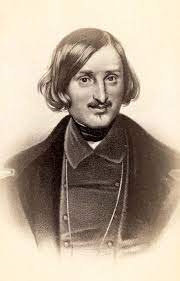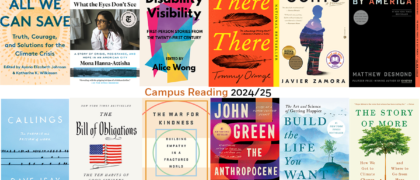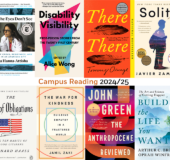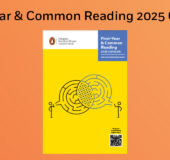What Students Will Be Reading: Campus Common Reading Roundup, 2024-25
With the fall semester in full swing, colleges and universities around the country have announced their Common Reading books for the upcoming 2024-25 academic year. We’ve compiled a list of over 340 programs and their title selections from publicly available sources, which you can download here: First-Year Reading 2024-25. We will continue to update this
Read more




